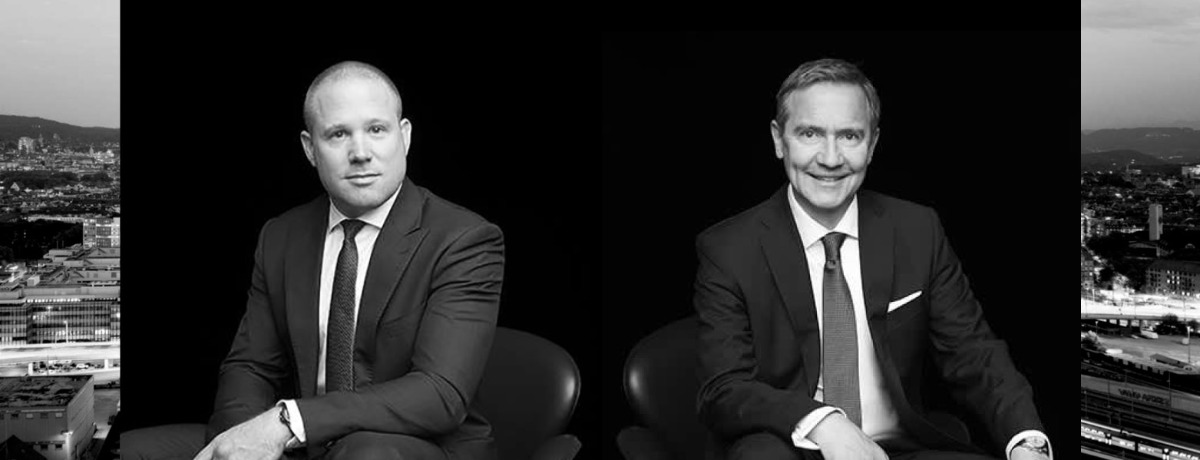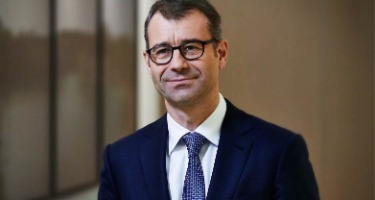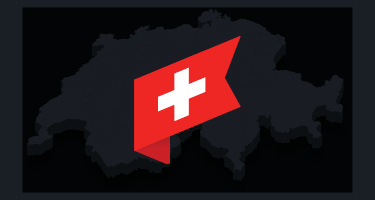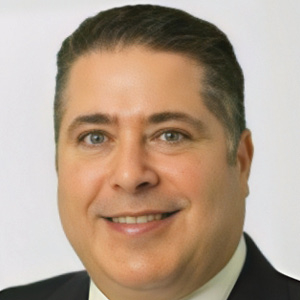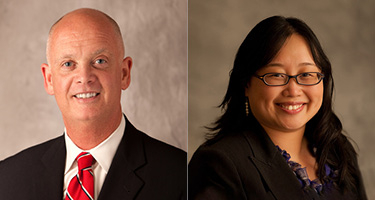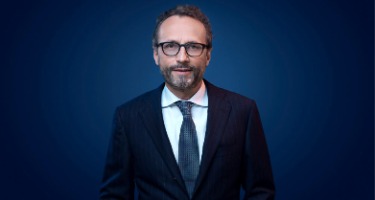This interview was conducted as part of the 2020 Edition of The Best Lawyers in Switzerland “Law Firm of the Year” award recognitions. Our partner Handelsblatt, also published these awards on June 27, 2019, online and in print in their June 2019 edition.
For Homburger—Switzerland’s 2020 “Law Firm of the Year” honoree in Corporate Law—staying on top of technological advances and providing corporate financial advice have positioned them well in a complex and evolving global economy. Dieter Gericke and Benjamin Leisinger joined Phillip Greer, CEO of Best Lawyers, to discuss what sets them apart.
Can you discuss a little more about the securities regulations filled? Cryptocurrencies are an asset class that is facing some dispute about how they should be treated. How do you think they should be classified?
Benjamin Leisinger: That very much depends. Financial markets' supervisory authority was one of the first regulators worldwide to try to categorize groups of assets. Assets tokens, security tokens, and some of them are nothing at all. When we talk about security regulation from a Swiss perspective, it would only be assets and asset tokens. You can basically issue equity or a debt instrument that instead of being securitized in the traditional form, which is issued in crypto form.
What Switzerland has also done—and there is draft legislation outstanding—the effect is not yet exactly known, but Switzerland will interview distributive security where you as the issuer in your articles of association for example, or in the terms of the instrument can, instead of referring to certificated security. So with individually certificated, or what we already have uncertificated entry security, you can elect to have and a token-based issuance where then the blockchain that you use serves as your security. Switzerland is trying to be on the forefront of these developments and regulate on a technology-neutral basis.
Cybersecurity is increasingly becoming a focus as hackers pose greater threats. What are the types of advice you provide and how well prepared do you think most corporations are for cyber threats?
Dieter Gericke: Let me start with the second part of the question. It depends on the industry. There are industries that have heavily relied on intranet and digitalization for many years, like the whole financial industry. They are very aware of the issues and are quite well prepared. Not only now but have been well prepared dating back 10 years, so I would say for them this has become daily life. One example, when we as a law firm advised them, we had to conform with certain security standards in order to make sure that if we had to look at their data, that it wouldn't be at risk in our servers.
That's for the banks and financial services and some other industries. For the brick and mortar industry, it's relatively new, or they didn't realize until the first cases came out. They started to realize that many of them had probably been systematically had the technology and others stolen through cyber theft. I would say two years ago is when they really became very sensitive about this, and they started to heavily invest in cybersecurity.
What we see though is that the focus is initially and primarily on software and hardware. What leaders started to realize was the people created risks by sharing passwords, by not logging out properly, and all these kinds of things. What’s popped up in the last 12 months or so in many companies is to make sure that the human factor wouldn't stand in the way of an otherwise state-of-the-art security. Obviously, we are not cybersecurity experts. We cannot tell them which programs they should use. However, we have a team of lawyers headed by David Rosenthal who is the leading technology lawyer in Switzerland.
We advise them on how to implement difficult things, how to have top-tier cybersecurity, and at the same time, use the data to operate your business. I mean you cannot shut it down completely, so there's always protection. That's where our main advice is. We have a big white-collar internal investigations team headed by Flavio Romerio who is investigating cybersecurity incidents and criminal actions that occurred in big companies.
Is protectionism and trade war turmoil causing any notable headaches for your cross border and international clients?
DG: I mean it certainly causes headaches for our bank clients and for all our industrial clients who typically have a lot of business with China but also with the U.S. We as Homburger are most directly affected in the China-Swiss bond business. We used to have a lot of investments and acquisitions coming from China into Switzerland until about 2017. Then it stopped essentially because of protectionism in the West but even more so because of regulations that China imposed on their companies. Those restricted their foreign companies from doing foreign transactions either for currency exchange reasons or because the industries were not seen as an appropriate industry to invest in.
Some Chinese investors divested for the last two years. In some instances, we advised connections with investments of Chinese companies here in Switzerland, and one or two years later we had to advise on the divestment again because they were either forced to get out or had to get out for other reasons again. That's probably the most visible for us. Other than that, in Switzerland, we have no foreign direct investment regulations, but we are indirectly affected.
This interview has been edited for length and clarity.
